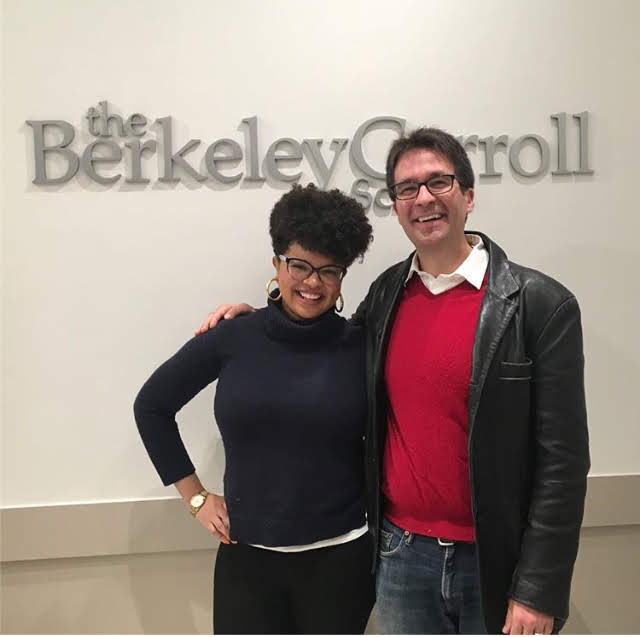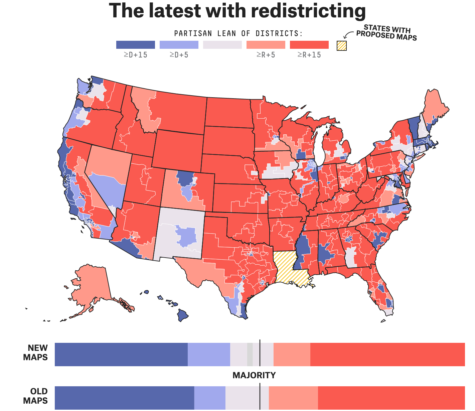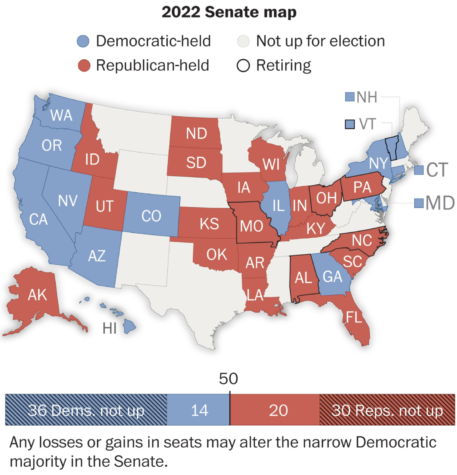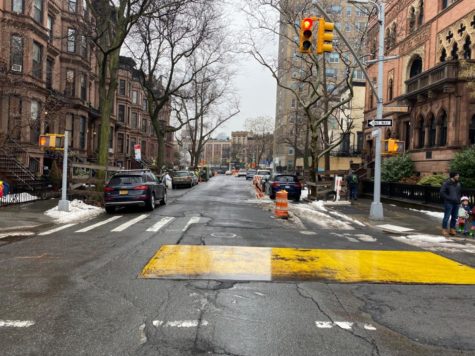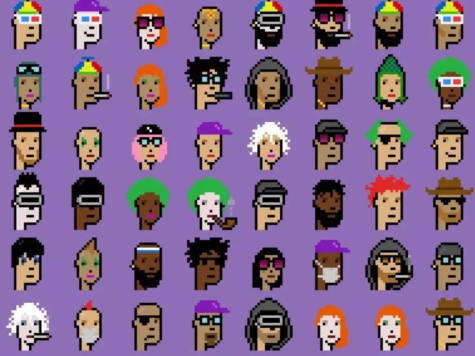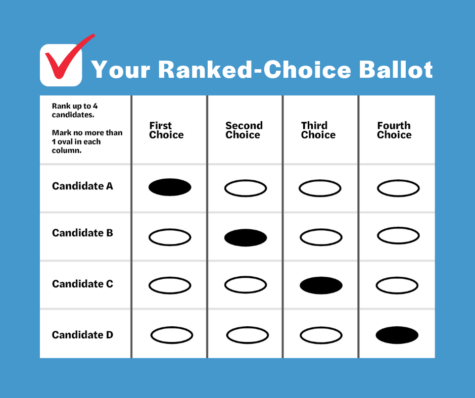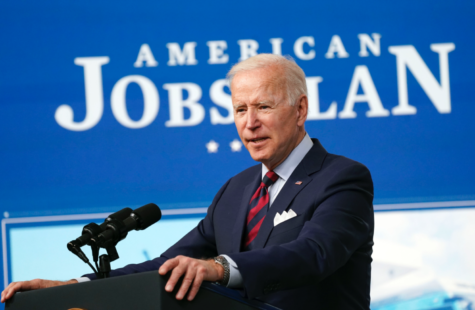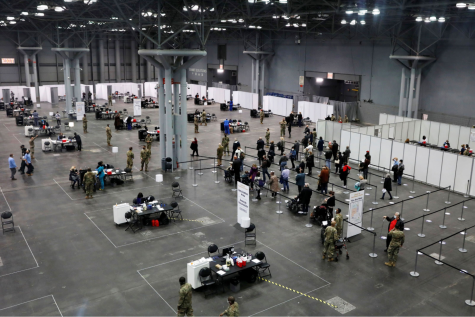Does Religion Have a Place at BC? In New York?
Arguably, religion and money are the ruling forces of our world. People are often driven to extremes for economic or religious purposes. But while money is often talked about– or lamented about– religion is stigmatized, especially in professional and educational atmospheres. Many institutions worry about unintentionally insulting a religious minority, so many schools and workplaces avoid direct conversations about religion. And, during my past eleven years at Berkeley Carroll, I don’t remember a time where we spoke openly about the flaws and advantages of religion. Yes, I do remember being given the founding ideology of Islam and shown the horrific realities of the Holocaust, but teachers also skirted around the topic of how every community and religion interact; that is, until this year. With the Tree of Life shooting playing an important role in the news, it was absolutely impossible to avoid talking about the overlap of religion and society. The Tree of Life shooting showed many Americans that our greatest fear should be radicalized, white Evangelicals.
Berkeley Carroll, despite its attempts to diversify the school, remains mainly composed of white, affluent, non-religious, liberals. That being said, I was still intrigued by the influence of religion in the Berkeley Carroll community and decided to release a survey to explore this idea. My results supported my hypothesis; 47.8% of 90 upper school students identified as non-religious (atheist or agnostic). The second most common answer was Jewish with 27.8% of the vote– still 20% behind non-religious. Christian was a close third at 24.4%, with Muslim in the last place at a lowly 4.4%. Unsurprisingly, some students filled out the “Other” option, categorizing themselves as “generally spiritual” or “LaVeyan satanist,” the latter of which, I’m assuming, was a joke. And, with more than half of the responses claiming that religion only plays around 0-20% of a role in one’s life or no role at all, religious education seems more necessary than ever.
Luckily, New York City is an ethnic, cultural, and religious melting pot. You can educate yourself by simply driving down Ocean Parkway, or attending Josh Stanton’s Manhattan synagogue. Around a month ago, Josh Stanton came to the Wednesday morning breakfast club, where he talked about, unsurprisingly, intersectionality and religion. Stanton works as a Rabbi at East End Temple, a wildly reform congregation. Its mission statement reads, “Our mission is to cultivate relevant Jewish life through connected community. We seek to expand avenues into Torah (Jewish learning and practice), God (all forms of spiritual connection) and the Jewish people (locally and globally) to help one another live lives of meaning.” Undeniably, acceptance is deeply rooted in the culture at East End Temple– there is a mosque within the synagogue! Often, we see tension and violence between Muslims and Jews; however, Josh Stanton and progressive imams are attempting to figure out long-term ways to collaborate and dispel some tension between the polarized religions. The two communities are aligned in a myriad of ways; the Synagogue is a Unitarian progressive, and Stanton himself has even trained imams. The two religions are also very similar demographically; both the mosque and the synagogue are mainly composed of millennials and immigrants, and the Mosque has a large number of educated women.
With anti-semitism on the rise again, the Jewish community has become increasingly unified and galvanized. With incidents like Tree of Life and Charlottesville, and problematic rhetoric streaming from the oval office, Islamophobia has also become increasingly more common. But, nevertheless, more and more people are coming to the realization that intersectionality is the only way to get us out of this troublesome hole that we have built for ourselves, which is exactly what Josh Stanton is attempting to do. Many millennials are afraid of organized religion because they are associated with cis, white, male oppressors. But places like the East End Temple, which as motivated around 6,000 millennial Jews, are providing safe spaces for spiritual, and not necessarily religious, guidance.
The Muslim community embedded within the East End Temple is also incredibly unique in its egalitarianism. Following 9/11, many members fought for a Ground Zero mosque. Imam Faisal has been chipping away at cultural norms in order to change the American perspective of Islam. Khalid Latif is the head of the Islamic Center at New York University, where he is working to exterminate toxic gender and racial dynamics in many mosques. Like Judaism, Islam has also needed to adapt to fit progressive ideologies.
People used to say that we should never talk about politics, money, or religion. Thank God, Allah, and Yahweh we finally are.

